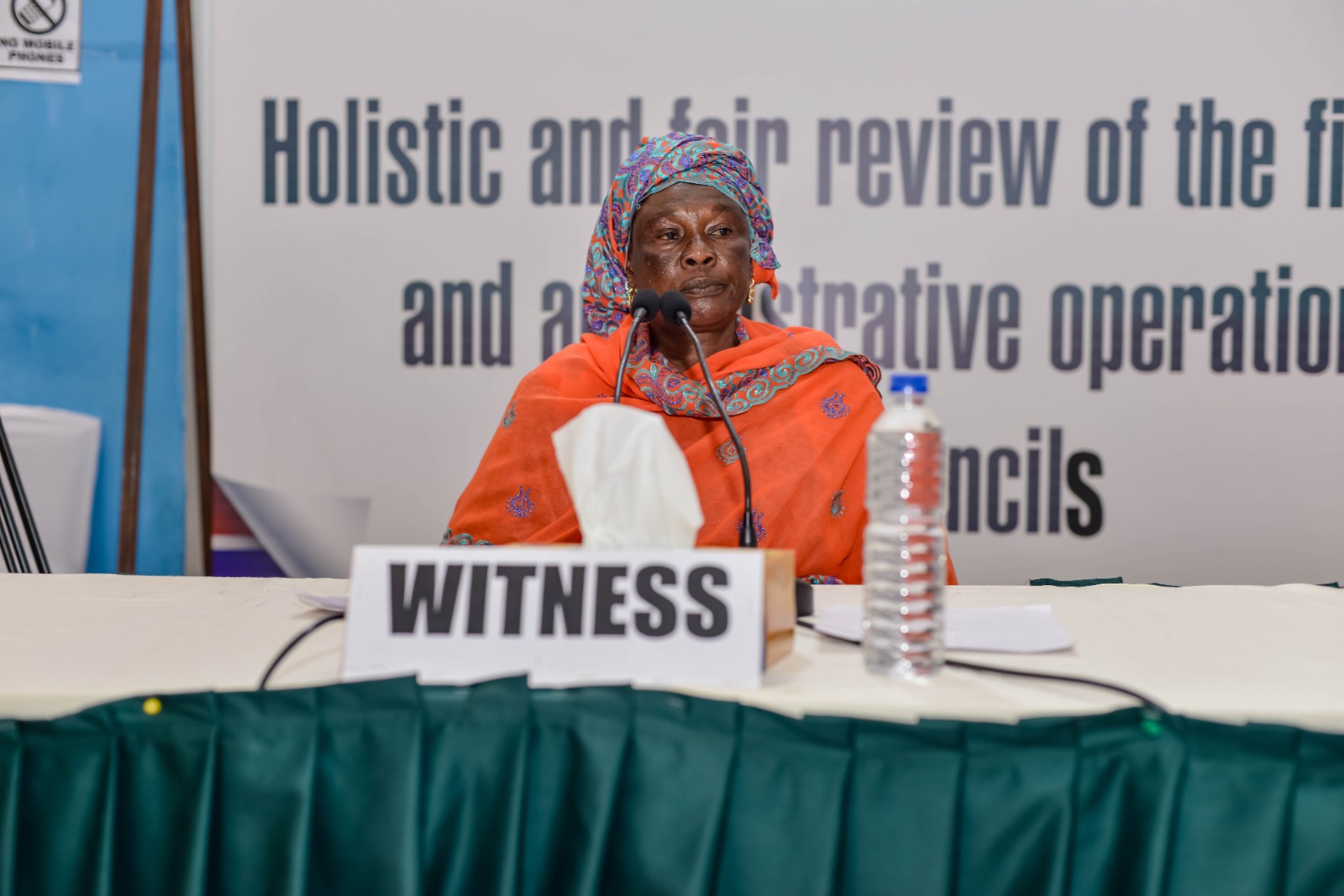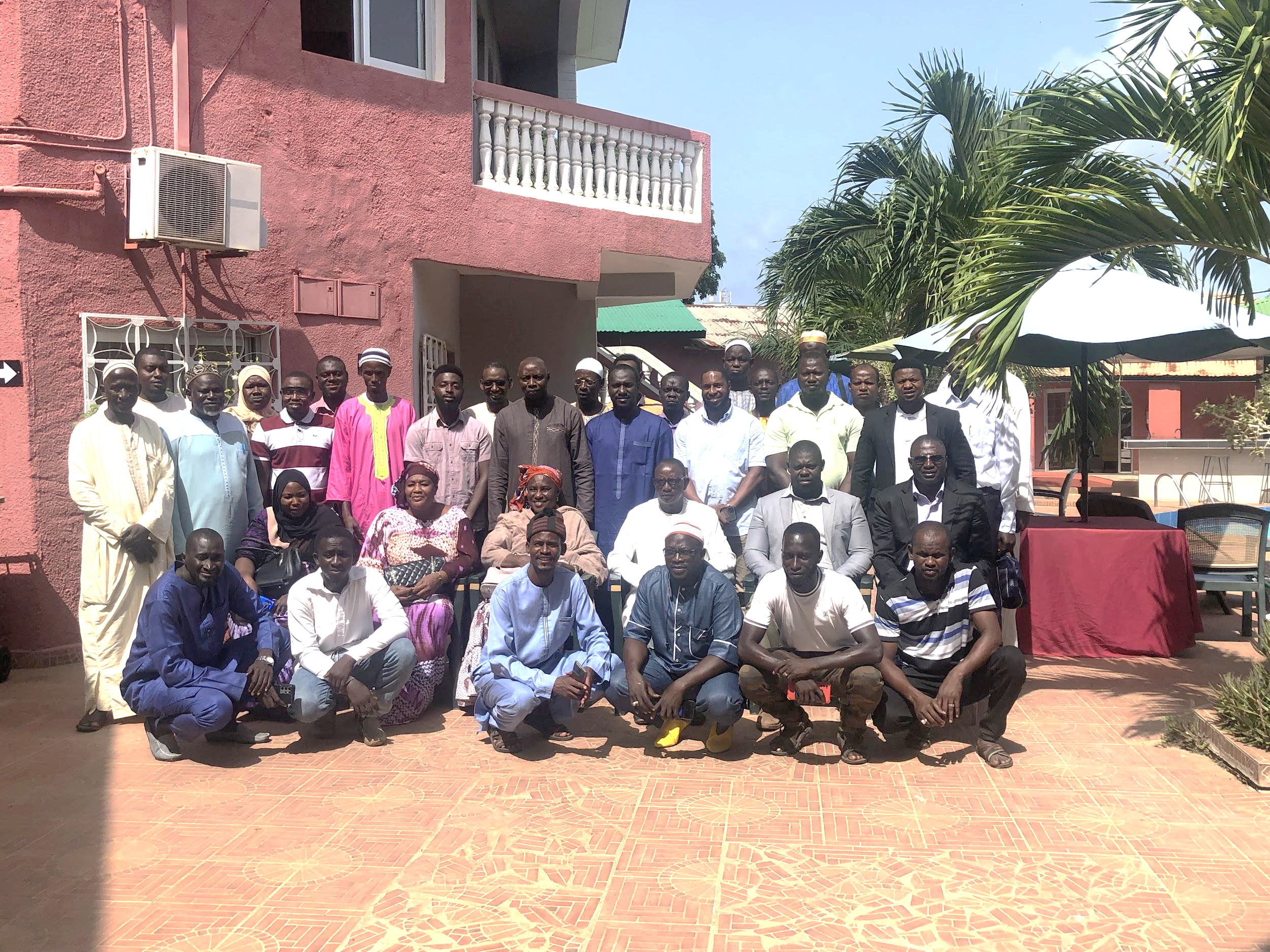By Binta Jaiteh
National Assembly on Monday adopted the Report of the Standing Committee on Human Rights and Constitutional Matters, on the Prevention and Prohibition of Torture Bill, 2020.
During the presentation of the report by Honorable Madi Ceesay, the Chairperson of the committee said “I rise to the table before this august Assembly, for consideration and adoption, the report of the National Assembly Standing Committee on Human Rights and Constitutional Matters (HRCMC) on the Prevention and Prohibition of Torture Bill, 2020 which was referred to the Committee by the plenary on its sitting of Tuesday 21st July 2020.”
Hon Ceesay said the committee had extensive consultation with relevant stakeholders and also made reference to the Criminal Code as well as International Law instruments such as the United Nations Convention on Torture and Other, Cruel, Inhuman or Degrading Treatment or Punishment (1987) as well as the Declaration on the Protection of All Persons from Being Subjected to Torture and Other Cruel, Inhuman or Degrading Treatment or Punishment (1975).
“During consultations, the Committee scrutinised each of the provisions and made recommendations. Clause 14 – control over private prosecutions, where criminal proceedings have been instituted under this Act, the Director of Public Prosecutions may –take over and continue the conduct of those proceedings at any stage before the conclusion of the proceedings.”
He further said discontinuing prosecution of the proceedings at any stage requires the victim or the person reporting the offense to give him or her all reasonable information and assistance. To furnish him or her with any documents or other matters and for the avoidance of doubt, a person other than a Public Prosecutor or a police officer may institute criminal proceedings for any offence committed under this Act.
However, the added section shall not prejudice the mandate of the National Human Rights Commission to entertain and deal with matters under this Act as human rights cases.
“We recommended Subsection 3 be amended to read, this section shall not prejudice the mandate of the National Human Rights Commission to entertain and deal with matters under this Act as cases of human rights.”
Chairman Cessay pointed out that clause 20 – consent of Attorney General Required for Prosecution of non-citizen, and a person who is not a citizen of The Gambia shall not be prosecuted for an offence under this Act except with the consent of the Attorney General.
He added that the committee, therefore, recommended, the heading (Marginal note) of this Section be read as; “20. Consent of Attorney General required for prosecution of a non-citizen.”
He also said clause 23 – Restriction on extradition or Deportation where a person is likely to be tortured, torture is an extraditable offense but not notwithstanding sub-section (1) and the provisions of the Extradition Act, a person shall not be extradited or deported from The Gambia to another state if there are substantial grounds to believe that he or she is likely to be in danger of being subjected to torture.
He noted that for sub-section (2), it shall be the responsibility of the person alleging the likelihood of being tortured to prove to the court the justification of that belief and in determining whether there are substantial grounds for believing that a person is likely to be tortured or in danger of being subjected to torture under sub-section (2), the court shall take into account all factors including the existence of a consistent pattern of gross, flagrant or mass violations of human rights in the state seeking extradition or deportation of the person.
“Where a person is not extradited or deported as a consequence of the provisions of this section, he or she shall be tried in The Gambia. The recommendation is that notwithstanding sub-section (1) and the provisions of the Extradition Act, a person shall not be extradited or deported from The Gambia to another state if there are substantial grounds to believe that he or she is likely to be in danger of being subjected to torture,” He added




